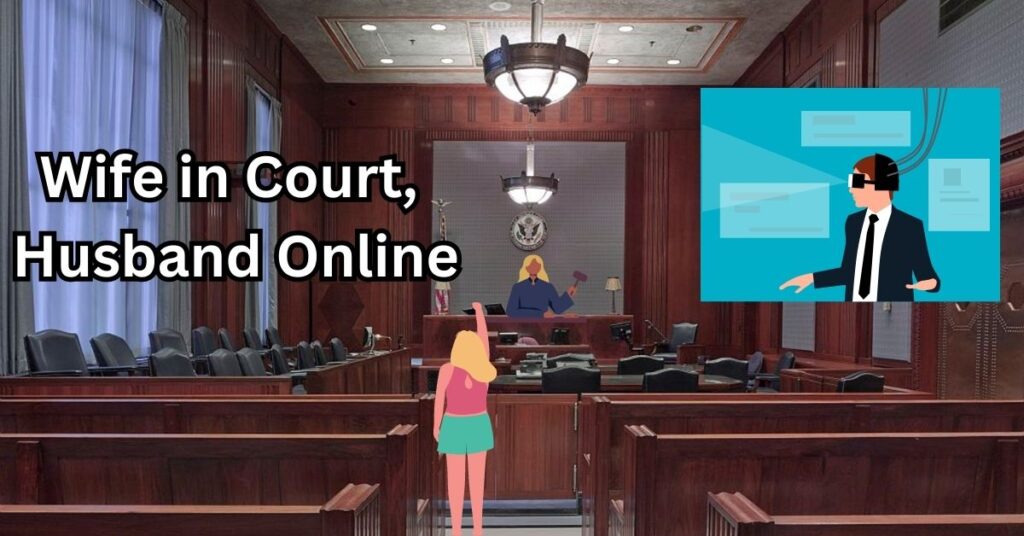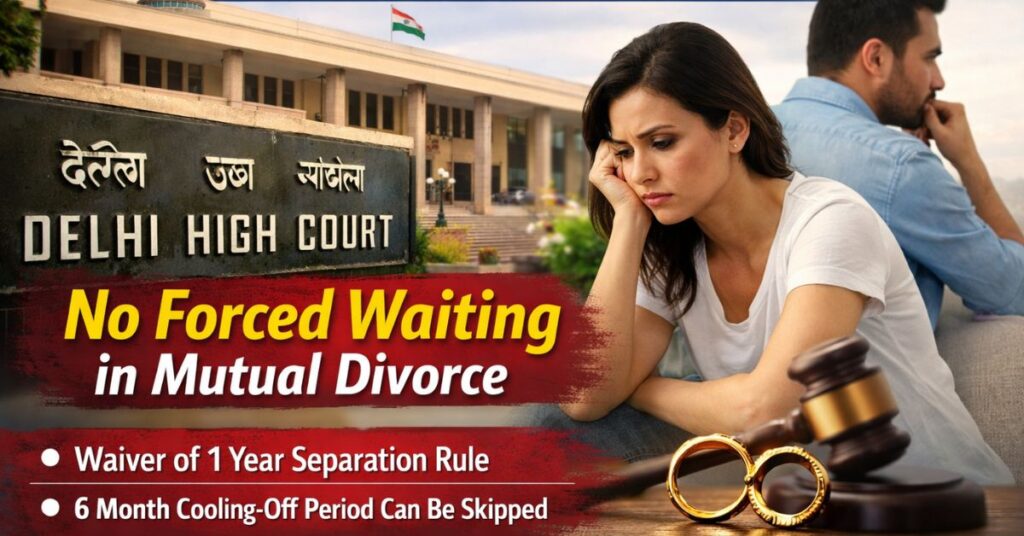Discover a recent Delhi High Court judgment allowing the husband to record his statement online in a divorce case filed by mutual consent. Understand the court’s decision and its significance for cases where the spouses reside in different cities.
Introduction
In a significant judgment by the Delhi High Court, the appellant, Mukesh More, was granted the opportunity to record his statement online in a divorce case filed by mutual consent. The court acknowledged the unique circumstances where the husband and wife resided in different cities and analyzed the procedural aspects surrounding the case. This article provides a comprehensive overview of the judgment, focusing on the court’s decision to allow the husband to record his statement online and its implications for similar cases.
Background of the Case
Mukesh More, the appellant, approached the court seeking a decree of divorce by mutual consent under Section 13B(1) of the Hindu Marriage Act, 1955. Given that the husband and wife resided in different cities, the court faced the challenge of ensuring a fair and convenient process for both parties.
The appellant’s counsel, Mr. Prateek Maheshwari, contended that the prescribed procedure for filing and hearing divorce petitions via video conferencing should be followed. However, the Principal Judge, who was handling the case, insisted on the physical presence of both parties, disregarding their geographical separation.
The Court's Observations and Decision
The court took note of the appellant’s argument and recognized the need for a flexible approach in cases where the spouses live in different cities. Considering the ongoing COVID-19 pandemic and the associated travel restrictions, it became crucial to adapt to the evolving circumstances.
In its judgment, the Delhi High Court held that it was essential to provide convenience and fairness to both parties, particularly in cases where physical presence would pose challenges. The court emphasized the use of technology and allowed the husband, who resided in Ujjain, Madhya Pradesh, to record his statement online while the wife was present in Delhi.

This decision sets an important precedent, highlighting the court’s commitment to ensuring equal access to justice for parties residing in different cities. By allowing the husband to record his statement online, the court recognized the evolving nature of legal proceedings and the role of technology in facilitating efficient and convenient processes.
Conclusion
The recent judgment by the Delhi High Court in the case of Mukesh More v. Soni Kumari emphasized the significance of adapting legal procedures to suit the unique circumstances of divorce cases by mutual consent. By permitting the husband to record his statement online, despite residing in a different city, the court demonstrated its commitment to fairness, convenience, and equal access to justice.
This judgment serves as a reminder that technological advancements can significantly enhance the efficiency and effectiveness of legal proceedings, particularly in situations where physical appearances in court may be challenging or impractical. It also highlights the court’s willingness to embrace innovative solutions to ensure a smooth and fair process for parties involved in divorce cases.




